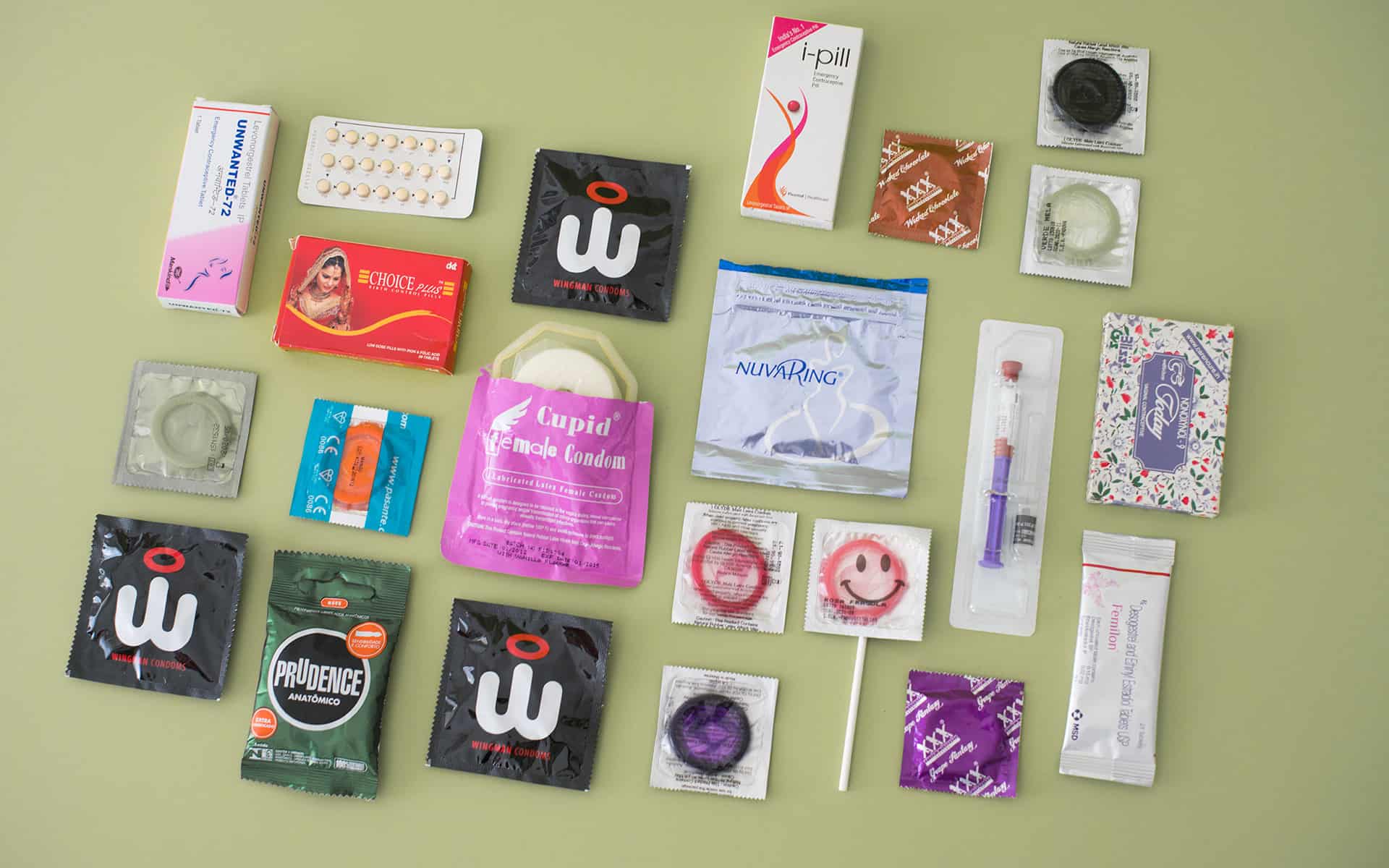Use of contraception and attitudes towards contraceptive use in Swedish women
Niklas Envall a,b,c, Tove Wallstrom d,e, Kristina Gemzell Danielssonc, f and Helena Kopp Kallner b, g
a School of Health and Welfare, Dalarna University, Falun, Sweden; b Department of Clinical Sciences Danderyd Hospital, Karolinska Institutet, Stockholm, Sweden; c Department of Women’s and Children’s Health, Karolinska Institutet, Stockholm, Sweden; d Department of Clinical Science and Education, South General Hospital Stockholm, Stockholm, Sweden; e Department of Obstetrics and Gynecology, South General Hospital Stockholm, Stockholm, Sweden; f WHO Collaborating Centre, Division of Gynecology and Reproduction, Karolinska University Hospital, Stockholm, Sweden; g Department of Obstetrics and Gynecology, Danderyd Hospital, Stockholm, Sweden
ABSTRACT
Purpose: Explore contraceptive use, unmet need of and attitudes towards contraceptive use in Sweden. Secondly, to investigate knowledge of contraceptives, prevalence and outcomes of unintended pregnancies.
Materials and methods: Internet based e-survey of Swedish women aged 16–49. The e-survey contained 49 questions with both spontaneous and multi-choice character on demographics, contraceptive use, knowledge of and attitudes towards contraception, importance of monthly bleeding, and experience of unintended pregnancy. The e-survey was closed when reaching the estimated sample size of 1000 respondents.
Results: A total of 1016 women participated, whereof 62.4% used contraception, 31.8% did not and 5.8% had stopped in the last 12 months. Unmet need for contraception was estimated at 17.2%. At least one unintended pregnancy was experienced by 19.9%. All women rated effectiveness as the most important characteristic of a contraceptive method.
Conclusions: Use of contraception in Swedish women remains low, 62.4%, and the unmet need for contraception has increased to 17.2%. Method effectiveness and health benefits of hormonal contraception should be emphasised during contraceptive counselling, and actions are needed to target groups with low use of effective contraception as well as to reach those who never seek contraception.
KEY MESSAGE
Close to one third of Swedish women do not use contraception and one fifth have experienced at least one unintended pregnancy. Unmet need for contraception is high despite easy access and subsidies for young women.

No comments:
Post a Comment